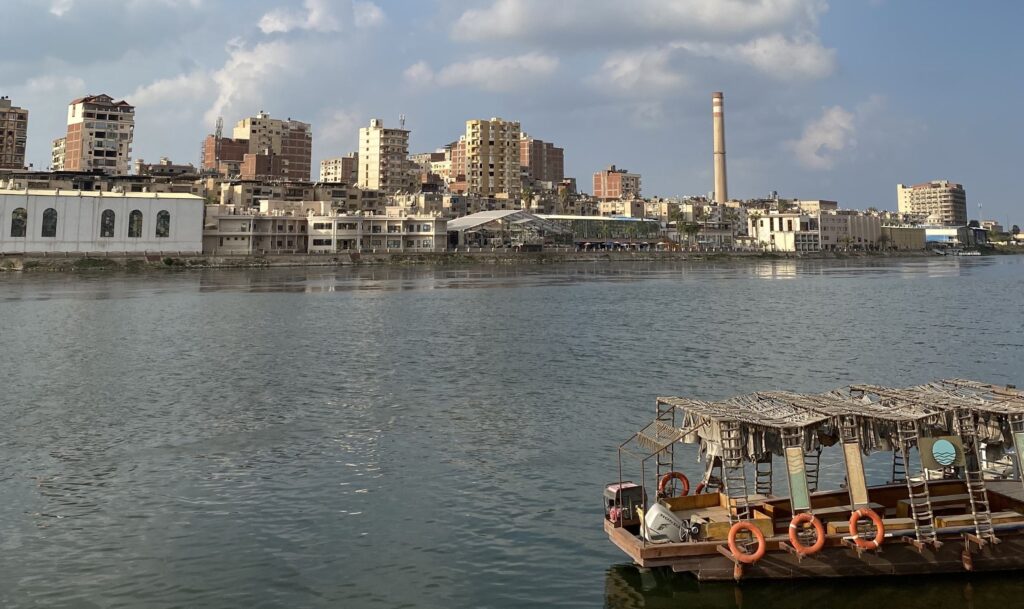The Importance of the Nile River in Egypt: Challenges and Concerns
The Lifeline of Egypt: The Nile River
The Nile River has been the backbone of Egyptian civilization since time immemorial. Renowned for its vital role in agriculture, drinking water, and transportation, the Nile is not merely a waterway—it’s an enduring symbol of life and prosperity for millions.
Historical Significance
From ancient times, the Nile was revered by Egyptians, often seen as a sacred entity. The Egyptian god Hapi, associated with floods and fertility, epitomized this reverence. The river’s annual floods were anticipated, as they fertilized the land, ensuring bountiful harvests. Ancient Egyptians structured their calendars around the fluctuations of the Nile, adapting their lives to its rhythms.
Modern-Day Dependence
Fast forward to today, and the Nile remains crucial for Egypt, supplying approximately 97% of its water resources, according to the Egyptian Ministry of Irrigation. This ongoing reliance emphasizes the river’s enduring significance in shaping the country’s identity and existence.
A view of the Nile from the Cairo Tower. (Source: Ahmed Elkhamisy/YJI)
Rising Concerns: The Grand Ethiopian Renaissance Dam
Since 2011, Ethiopia has been developing a significant hydroelectric project—the Grand Ethiopian Renaissance Dam (GERD). The construction of this dam has stirred anxiety across Egypt, especially during a tumultuous political climate, including the Egyptian revolution.
The Call for Negotiations
By 2015, both Egypt and Sudan—countries also dependent on the Nile—urged Ethiopia to initiate discussions aimed at safeguarding their share of the river’s resources. This led to the signing of the Grand Ethiopian Renaissance Dam Document, intended as a basis for negotiation. Despite a decade of dialogue, no conclusive agreement has been reached.
In 2020, Egypt and Sudan appealed to the United Nations Security Council, arguing that Ethiopia’s unilateral actions concerning the dam contravened international laws regarding shared water resources.
A Nation on Edge
Concerns within Egypt have escalated, particularly regarding dwindling water supplies. A 2021 UNICEF report highlighted severe water scarcity in the country, projecting a seven billion cubic meter annual deficit. Citizens express unease about the potential impacts of the dam on their water security.
Voices from the Community
Students at Mansoura University voiced their sentiments regarding the looming crisis. “We are concerned, but we trust our government to protect our water resources,” said Youssef Ali, a 19-year-old literature student. Another student, Mohamed Saber, 20, reassured, “I am confident our government and military can handle any situation.”
The Path Forward: Seeking Diplomatic Solutions
Despite vocal concerns, Egypt has chosen a diplomatic route to address the situation. The military has publicly stated its readiness to intervene if necessary; however, dialogue remains the preferred method of resolution for the time being.
Conclusion: A Hope for Collaboration
The Nile remains a critical lifeline for Egypt and its people. As challenges arise from the construction of the Grand Ethiopian Renaissance Dam, the hope for constructive dialogue and cooperation persists. Addressing the concerns of all nations sharing this vital resource will be essential in ensuring the Nile continues to provide for its people for generations to come.
For more on water resources management and international agreements, check out this insightful Ethiopian water management article.
